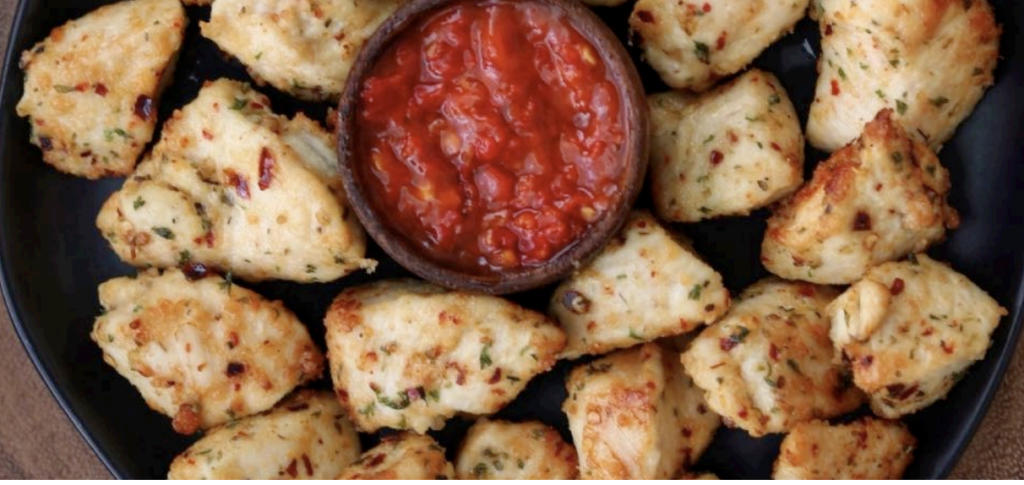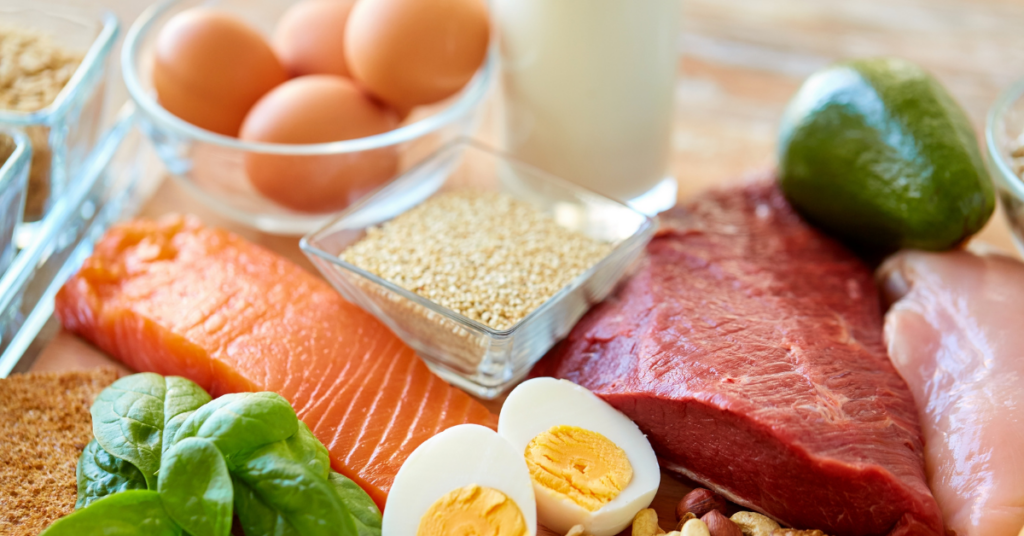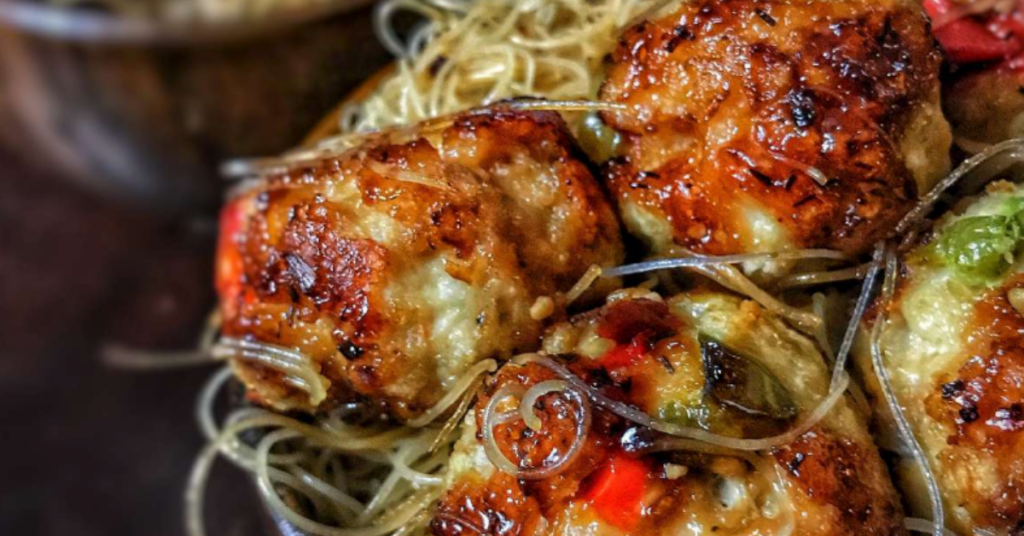Stress Eating: Why We Do It and How to Stop
Emotions and Eating
Stress eating and emotional eating are common behaviors in which individuals use food as comfort to cope with difficult situations or emotions. More specifically, stress eating is a response to stress or anxiety, while emotional eating involves using food to manage and suppress other emotions that may influence appetite such as sadness, loneliness, boredom and even happiness. In this article we will focus on stress eating, stress eating symptoms and how to stop stress eating. But before we get into how to stop stress eating, it’s important to understand how stress affects our body, our diet, our health and how it can lead to overeating.
Stressful situations cause a reaction in our bodies that is intended to remove us from harm quickly. This response is helpful in an acute stress situation where we need more energy readily available to fuel a quick departure from harm (think being chased by a lion, you have to RUN!). However, in our current environment, most of the stressors we experience regularly are chronic stressors that have little immediate potential to impact our safety. Instead, these stressors stick around for days, weeks, and months, impacting our long-term health.
Why Do I Eat More When I’m Stressed Out?
People respond to stress in various ways due to different individual factors. However, a common response is to turn to food for relief when the level of stress we experience exceeds our ability to manage it (Sominsky, 2014). Eating is something that most people find to be an enjoyable and rewarding act. When feeling a heightened stress level, that momentary positive feeling to calm stress and anxiety through meals or snacks can be exactly what you need, even if it’s quickly fleeting. However, that feel-good moment of comfort eating often becomes a cascade of regret, shame, more stress, and anxiety. This can create a cycle of stress eating.
The Cycle of Stress Eating
- Chronic daily stress – life, work, kids, and other responsibilities, creates a consistently high-stress environment.
- One additional stressful event puts you beyond your capacity to manage stress.
- You react by doing something that will relieve your stress momentarily, such as comfort eating. The go-to stress relief for many people is reaching for highly palatable food (typically, higher sugar or fat food such as chips, cookies, chocolate, and nuts) (Sominsky, 2014; Hill, 2022).
- You feel good while eating, which reinforces this association. So, the next time you exceed your stress threshold, you grab food again to experience that relief. The more often you do this, the more you build an association between stress and eating that becomes a habit. Creating a habit of eating when you are stressed can lead to overeating.
- Unfortunately, the feel-good moment passes quickly once eating is done (or even after the first bite), and it’s replaced with feelings of shame and regret for eating foods that don’t feel good for your body.
- This can lead to stress levels staying high and a feeling of failure that is not supportive of helping you make a different choice the next time.
- With high-stress levels, you are set up to repeat this cycle the next time another stressful episode comes your way.
So, How Do I End This Cycle of Stress Eating?
Awareness is the first step to ending the cycle. Track when a stress-eating episode happens and write down how you felt before it happened. This will allow you to assess the similarities of your behaviors over time to hone in on where to make changes. Seeing how frequently this happens and learning about the thoughts and feelings you experience when it happens can be an eye-opening catalyst for change.
Second, stop the guilt and shame. No one has ever guilted, shamed, or hated themselves into changing behaviors. In the discussion above, the cycle occurs not from eating or overeating food you didn’t want to eat in response to stress but in your reaction to shaming yourself after eating in response to stress. One way to break this cycle of stress eating or overeating is to create a plan for approaching things differently the next time.
Reframe + Redirect
Reframe + Redirect
Begin by making a list of at least five alternative feel-good options you can turn to instead of eating when you feel that heightened stress level. Doing these for 5-10 minutes is enough to change your mindset and remove the immediate drive to grab food. My go-to options are:
- Go for a walk.
- Call or text a friend.
- Read a book.
- Drink a full glass of water.
- Journal.
The short pause created by these activities can allow enough time to reframe my mind and take the time to consider what I need at that moment to feel better.
Old Habits Die Hard – Control Your Food Environment
Old habits can be hard to break. Remove or make it challenging to obtain the food options you turn to when stressed. While you may not have the option to create a perfect environment in all locations you are exposed to (hello, work break rooms!), you have control over what you keep available in your home. Here are some recommendations for keeping your home food environment as supportive as possible.
Avoid keeping stress-triggering foods at home. This doesn’t mean you can’t eat ice cream ever, but if you struggle to not reach for that gallon when you are stressed, keep it out of your house and then grab a cone with friends when you are in a mindset to enjoy it. If you live with other humans, preventing you from removing your challenging foods, create some resistance to obtaining the food. For example, put the cookies in a high cabinet that’s tough to reach or store the chips in the downstairs pantry. The extra effort needed to get those foods can give you enough time to stop, think, and make a different choice that will make you feel better.
Conversely, keep healthy food options in your house that are easily accessible. While turning to any food in response to stress is still using food to soothe yourself, it’s more supportive for you to grab berries than potato chips if your goals are related to a healthier life, diet, or body composition.
Find The Root Cause of Stress Eating
All the steps thus far are things you can implement right away to help you change and manage your stress response. However, the most important thing you can do is to improve or remove the stressor(s) and root cause(s) of what’s making you feel like you need food to escape a feeling. This is complex and likely requires a deep dive into examining many areas of your life. It’s probably not just one thing that pushed you beyond your capacity to manage your stress.
Here’s an example that many people can relate to: You recognize that you continue to struggle with high levels of stress right when you get home from work and family demands take over. Take a step back, explore what patterns you can find, and determine what changes you can make to improve that situation.
- Would some planning meals ahead for the week help you feel calmer and under control if you come home and know exactly what you will prepare for dinner that night?
- Can you prep meals on the weekends when you have more time, so you aren’t doing it all after a long day at work?
- Can you delegate some tasks to other people in your household so it’s not all on your shoulders?
- Can you take 5 minutes to meditate as soon as you get home to recenter yourself?
Be patient with yourself if it doesn’t work right away. Treat each situation as another experiment to try new things; eventually, you will find the best options. There may also be an opportunity to get outside support in this process. Therapists, psychologists, life coaches, and other support professionals can all be excellent resources.
—
Many of us experience chronic stress daily, and often, we turn to food to alleviate this stress. The more often we continue to do that, the more likely it will become a habit. We can change our habits.
Steps to get a handle on eating in response to stress:
- Increase your awareness of this habit.
- Don’t beat yourself up if you falter.
- Create a list of go-to stress reliever options that support your goals.
- Create a supportive food environment at home.
- Most importantly – address the source of stress and determine ways to help improve or remove the root cause.
The first four steps can help break the stress-eating cycle a few times, but that final step is the only way to address the real problem and make a change that you will stick to long term.
Lifestyle Factors that Support Health and May Reduce Stress
By incorporating these lifestyle habits into your daily routine, you can enhance your ability to cope with stress effectively and maintain a healthy balance in your life.
- Adequate Sleep
- Regular Exercise
- A Macronutrient-Balanced Diet of Protein, Carbs, and Fats (Check out Stronger U’s framework for eating)
- Social and Community Support
- Self-Care
- Hobby or Recreational Activity
Additionally, a dedicated Stronger U Coach can be an instrumental resource by providing tools, strategies, and personalized guidance to develop healthier habits around food and support you in making long-term lifestyle changes to manage stress. Schedule a free consultation with a Coach Concierge to learn more about the benefits of becoming a Stronger U member and how to get matched with a coach.
References
Hill D, Conner M, Clancy F, et al. (2022) Stress and eating behaviours in healthy adults: a systematic review and meta-analysis. Health Psychol Rev. 16(2):280-304. doi:10.1080/17437199.2021.1923406
Sominsky L and Spencer SJ (2014) Eating behavior and stress: a pathway to obesity. Front. Psychol. 5:434. doi: 10.3389/fpsyg.2014.00434








